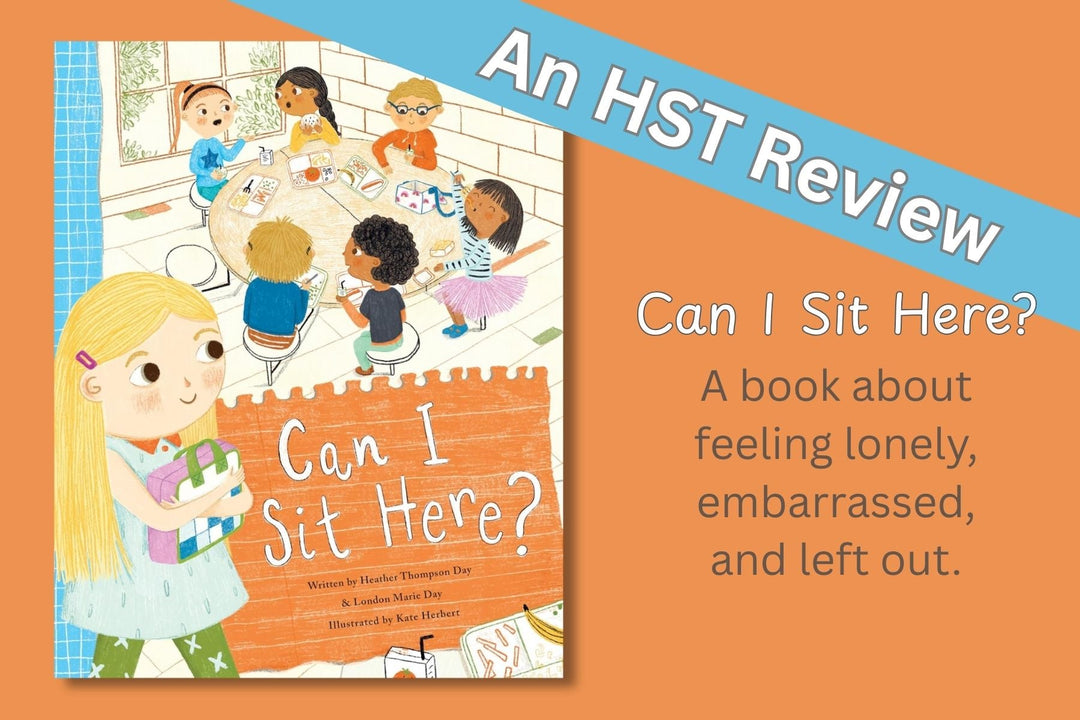How An Auditory Processing Disorder Affects Learning To Read

We all want our children to read so they can read God’s Word and get along better in the world. Much of our learning comes through the ability to read. As moms, we often make it “our mission” for our children to read well. This is a good mission to have but is sometime a challenge to accomplish.
I am going to say something controversial right from the start and get it out of the way. Are you ready?
Here it is:

Phonics may not be the best way for you to teach reading to a particular child unless foundational skills for success with phonics are in place.I know it may be a shock to hear me say that about phonics especially in the light of all you have been told about the importance of a phonetic approach to reading. I have to admit, this was quite a surprise to me when I first heard it as well. I had diligently been trying to teach my daughter with special needs to read with a phonics approach for five years! Before my own attempts at this reading quest, the public and private school were also on that same phonics mission. She was a phonics dropout, but she was a phonogram superhero! She knew the sounds of all 70 phonograms, even the ones like “ough” that have six sounds. Even though the sounds of the phonograms were solid, she couldn’t hold the sounds together past a three letter word to read anything! This was rather confusing, and I have to admit extremely frustrating. I found out after my five-year, miserable failure to attempt phonics, that she had low auditory processing. That meant she couldn’t hold the pieces (sounds) in her short term memory long enough to put them together to get the word out, at least without much difficulty and practically no comprehension. We were in an endless loop of sounding out the same word over and over until something sort of like the word came out. By the time she got to the end of the sentence, she had no clue what she read. WOW! For some children learning to read using the phonics approach is a breeze, but for others like my daughter, it is a terrible, deflating struggle. When children have low sequential auditory processing abilities (an inability to hold a series of items in consecutive order in short-term memory), phonics doesn’t work well.












